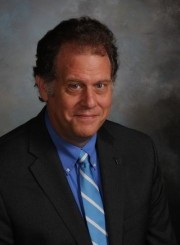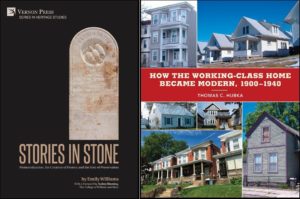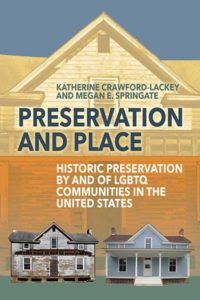
Associate Professor of Historic Preservation Dan Hubbard
Associate Professor of Historic Preservation Dan Hubbard was recently quoted in an article in The New York Times entitled “My Cousins are Killing Each Other”: War in Ukraine Splits Mixed Families.
“I have cousins on both sides,” said Dan Hubbard, a professor at the University of Mary Washington in Virginia. “I dread them killing each other.”
Hubbard, 64, was raised in the United States by his mother, who was Russian, and his Ukrainian great-grandmother. He fondly recalled how the two women used to share homemade cabbage pie while playing cards and making fun of each other’s accents.
Today, some members of his family live near Moscow and others are outside of Kharkiv, Ukraine’s second-largest city, which is now under siege by Russian forces. Both his Russian and Ukrainian cousins are old enough to enlist in the army. Hubbard says he has been trying to avoid the news because it causes him too much pain.
“I feel for both sides because Russian boys don’t even know why they are there,” he said. “My cousins are killing one another because of a madman’s fantasy.” Read more.
 The 2021 University of Mary Washington
The 2021 University of Mary Washington 





